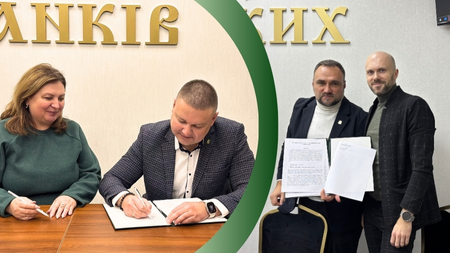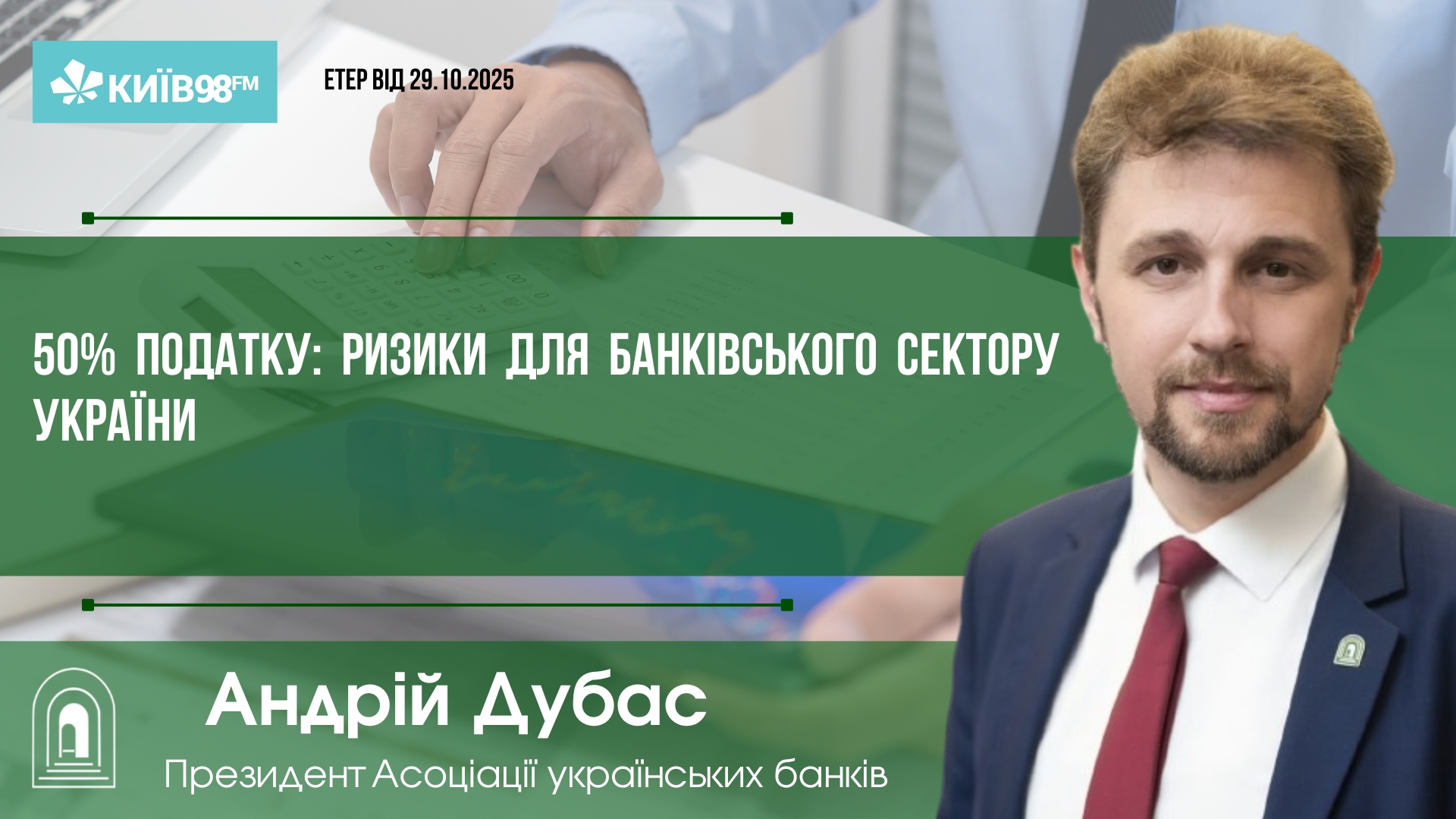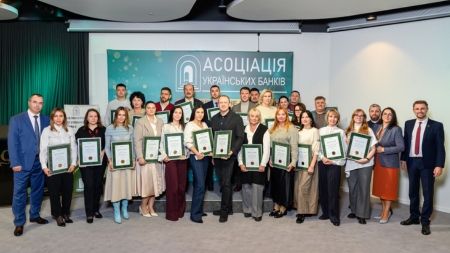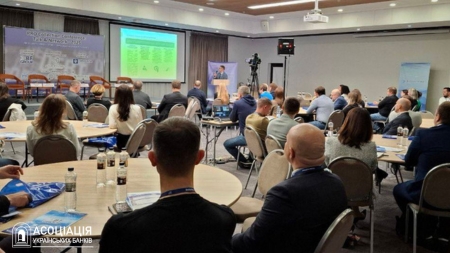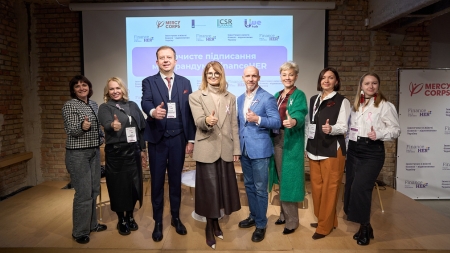AUB press center
AUB News
Subscribe to our newsletter

The mission of the Association of Ukrainian Banks is to support the development of the national banking system. The AUB cooperates with the Verkhovna Rada of Ukraine on improving the legislation governing banking activities, and interacts with the National Bank of Ukraine on regulatory support for the functioning of banks and non-bank financial institutions. The CBA takes care of the professional development of bank employees, expands international relations with associations and banking institutions of other countries.
Contacts
Address:
15, Yevhena Sverstyuka str.,
Kyiv, 02002 Ukraine
Email :
office@aub.org.ua
Phones:
+380 (44) 516-8775
15, Yevhena Sverstyuka str.,
Kyiv, 02002 Ukraine
Email :
office@aub.org.ua
Phones:
+380 (44) 516-8775

